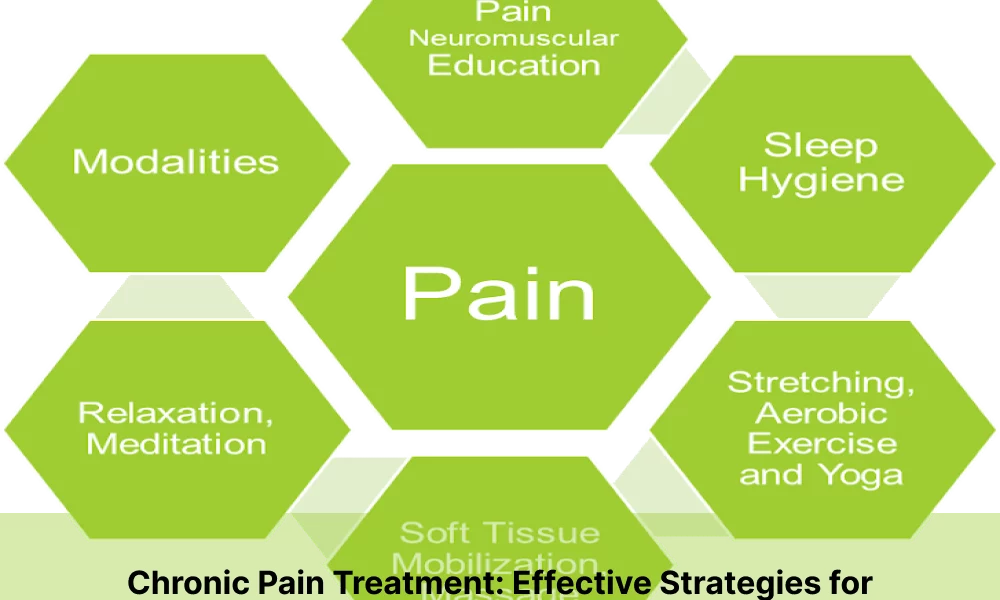Pain is a common human experience, and while it can be a sign of an underlying health issue, it can also significantly impact our quality of life. Effective pain management strategies can help alleviate discomfort and improve overall well-being.
Understanding Pain
Pain is a complex sensation that can be acute or chronic. Acute pain is short-term and usually associated with a specific injury or illness. Chronic pain, on the other hand, persists for an extended period, often beyond the initial cause.
Common Pain Relief Strategies
- Over-the-Counter Medications:
- Nonsteroidal Anti-Inflammatory Drugs (NSAIDs): Reduce pain and inflammation. Examples include ibuprofen and naproxen.
- Acetaminophen: Reduces pain and fever.
- Prescription Medications:
- Opioids: Strong pain relievers, but their use should be monitored due to the risk of addiction.
- Topical Analgesics: Creams or patches that can numb the skin and reduce pain.
- Physical Therapy:
- A physical therapist can help improve flexibility, strength, and range of motion, reducing pain and improving function.
- Occupational Therapy:
- Occupational therapists can help individuals adapt to pain and injury by teaching them new skills and techniques.
- Alternative Therapies:
- Acupuncture: Involves inserting thin needles into specific points on the body to relieve pain.
- Massage Therapy: Can help relax muscles and reduce pain.
- Mind-Body Techniques: Practices like meditation, yoga, and tai chi can help manage pain and stress.
- Lifestyle Modifications:
- Regular Exercise: Physical activity can help reduce pain and improve overall health.
- Healthy Diet: A balanced diet can reduce inflammation and promote healing.
- Stress Management: Techniques like mindfulness and deep breathing can help alleviate pain.
It’s important to consult with a healthcare provider to determine the best pain management strategy for your specific needs. They can help identify the underlying cause of your pain and recommend appropriate treatment options. Remember, patience and persistence are key to managing chronic pain.




